While local anesthesia is the common form of pain relief for most minor dental procedures, intensive procedures and injuries often require a little more. There are a variety of sedation options that can be safely administered in your dentist’s office. Sedation dentistry refers to the use of pharmaceutical drugs to block pain for the purpose of performing dental work.
For example, most people can generally sit through a filling with local anesthesia. But for some who have severe and crippling dental anxiety or those facing a much longer procedure, full sedation is often a better option. The downside to sedation dentistry is that you often feel sluggish and loopy for the remainder of the day, so it is important to bring a driver with you.

Sedation Dentistry Terminology to Know
If you’re considering a conversation with your dentist about sedation options, get a head start by familiarizing yourself with terms that are likely to come up in the conversation. We believe it is important to be well-informed and in charge of your dental care decisions.
Cosmetic Dentistry: Any type of dental work performed for the purpose of improving personal appearance. Cosmetic dentistry does not necessarily improve oral hygiene or function.
Decay: Tooth decay is a deterioration of a natural tooth resulting from plaque and tartar on the teeth. Tooth decay is irreversible, often treated by removing the decayed tissues and filing the holes to restore the appearance and function of the tooth.
Dental Caries: Another term for a dental cavity, it is holes in a natural tooth resulting from plaque build-up or poor dental hygiene.
Dental Checkup: A routine dental appointment that involves cleaning the teeth, identifying signs of infection, and remedying minor signs of infection. A dental checkup is recommended once every six months to maintain good oral hygiene.
Dental Filling: The process of restoring a natural tooth structure using metal, alloy, porcelain, or plastic to fill the hole in the tooth.
Dental Prophylaxis: A detailed tooth cleaning that entails removing plaque, calculus, and stains from the teeth.
Dental Sealants: A coating of resinous material applied to the chewing surfaces of posterior teeth as a means of preventing cavities.
Dentist: A doctor who specializes in the diagnosis, prevention, and treatment of conditions and diseases affecting the oral cavity (mouth). A dentist may also be called an oral surgeon depending on the specialty of his or her practice.
Gingivitis: Inflammation of the gum tissue from plaque build-up or poor oral hygiene.
Preventive Dentistry: Treatments that focus on maintaining oral health or preventing the spread of existing dental conditions.
Tartar: Calcified plaque build-up on the teeth.
Tooth Enamel: A protective outer surface of a natural tooth that contains dentin and dental pulp.
Final Thoughts on Sedation Dentistry
Dental work is at least mildly unpleasant for almost everyone. And for some individuals and some procedures, sedation dentistry is the best way to safely and comfortably get necessary dental work. If fear of the dentist’s office has kept you from tending to your oral health, sedation dentistry can provide an alternative. Contact us today to learn more.

